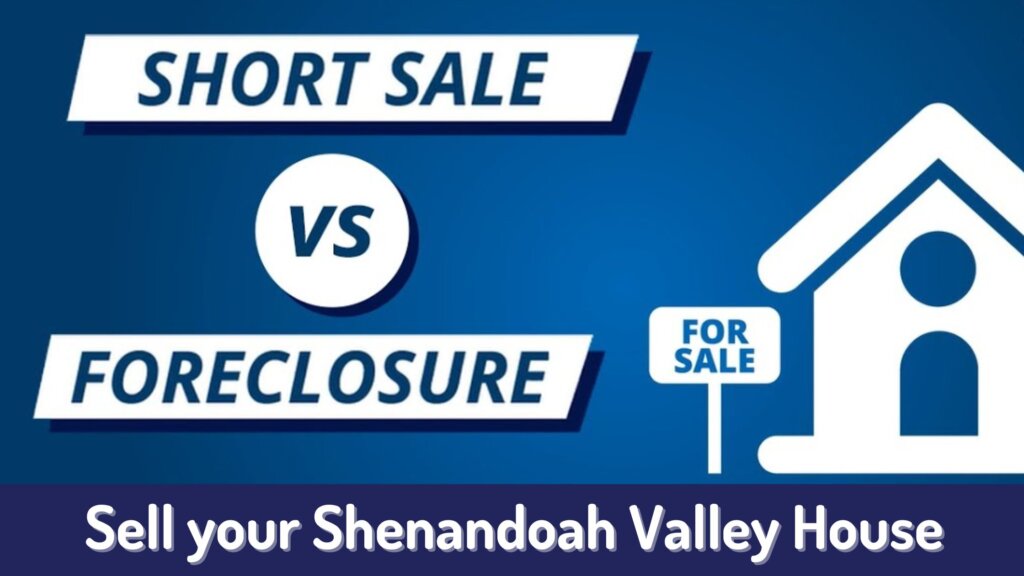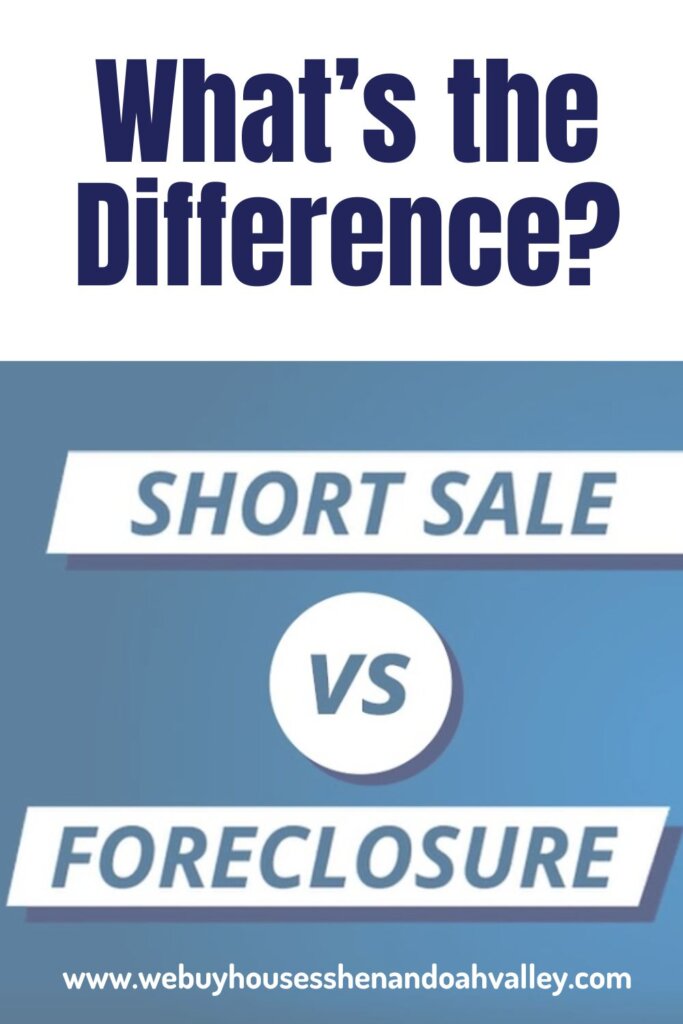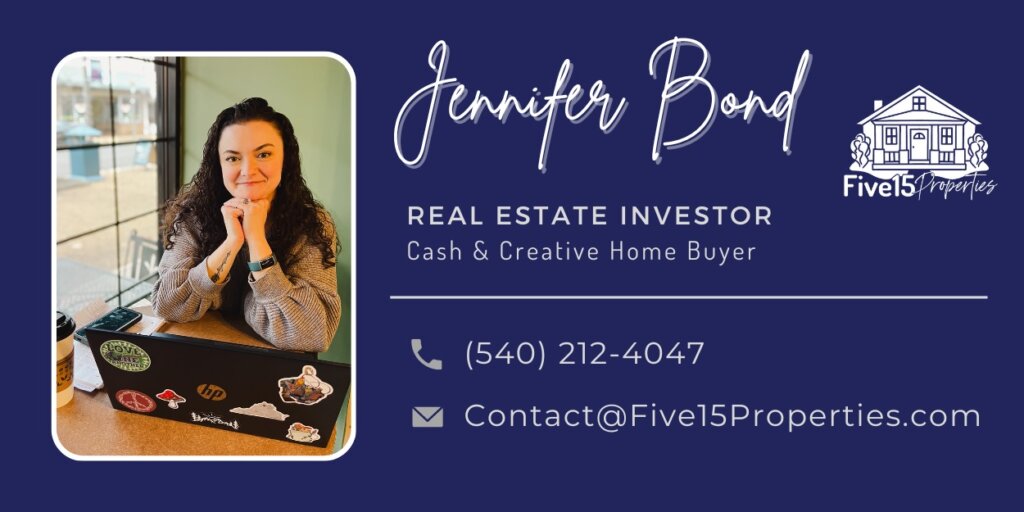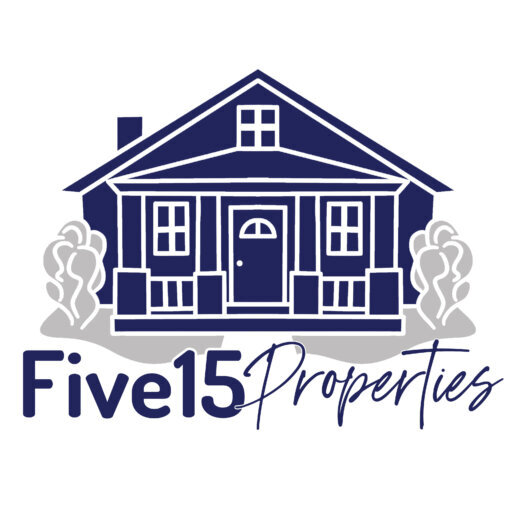
Whether you are a buyer or a seller in the borrowing process, both short sales and foreclosures come with their own unique set of advantages and challenges. Each option presents distinct circumstances that can impact your experience and decision-making.

What Is A Foreclosure In Shenandoah Valley, VA?
In straightforward terms, “A foreclosed home is one in which the owner is unable to make his mortgage loan payments and the bank repossessed the home” (source). When you stop making your mortgage payments, your lender is legally entitled to initiate the foreclosure process on your property in an effort to recover the funds they lent to you.
Typically, a home enters foreclosure when the borrower fails to fulfill their mortgage obligations. At that point, the lending institution takes ownership and possession of the property, often leading to the eviction of the borrower. These foreclosed properties are then sold either at auction or through more conventional methods, often with the assistance of real estate agents. It’s important to note that a foreclosure can have a detrimental impact on a borrower’s credit rating, making it extremely challenging to secure a mortgage for many years afterward.
Furthermore, the specifics of how foreclosure operates can vary significantly depending on the state in which you reside. Check out the foreclosure process information over here at the HUD Government website.
What Is A Short Sale?
In a short sale, the home is still owned by the borrower.
The term “short sale” refers to a situation in which “a short sale is a sale of real estate in which the proceeds from selling the property will fall short of the balance of debts secured by liens against the property, and the property owner cannot afford to repay the liens’ full amounts and where the lien holders agree to release their lien on the real estate and accept less than the amount owed on the debt” (source: Wikipedia)
In certain scenarios, a short sale becomes a viable option that is mutually accepted by both borrowers and lenders. In this arrangement, the home is sold for an amount that is lower than the remaining balance of the mortgage. The unpaid balance, referred to as the deficiency, may still be owed by the borrower, or it might be forgiven, depending on the agreement.
This process can be lengthy, as multiple lending institutions may hold portions of the mortgage. All stakeholders involved with the property must reach a consensus on the sale terms, which means that if even one lender disagrees, the entire potential deal could collapse.
Short Sale vs Foreclosure – Your Options
Although both foreclosure and short sale options can have significant consequences, a short sale typically exerts a lesser impact on a borrower’s creditworthiness. A foreclosure can lower a borrower’s credit score by 300 points or more, while a short sale might only reduce it by approximately 100 points.
Borrowers who experience foreclosure are often unable to secure another home through a traditional mortgage for 5 to 7 years, whereas in certain situations, those who opt for a short sale may be eligible to purchase a new home almost immediately.
As many Americans continue to navigate an economy that has experienced the ups and downs since both the 2008 financial crisis and the 2020 Covid 19 epidemic, many individuals find it increasingly difficult to keep up with their monthly mortgage payments. Thus, the decision between facing foreclosure and pursuing a short sale (or even considering a third option like selling your Shenandoah Valley house fast) becomes an obvious choice for borrowers struggling to make timely mortgage payments.
In some instances, lenders may be open to collaborating with borrowers to facilitate a short sale, as this approach helps them avoid the costs and lengthy processes associated with foreclosure
Our suggestion is always this.
- Engage in a conversation with your lender to explore the various ways they might assist you with your loan situation. We offer a supportive service that can help guide you through the process if you encounter challenges with your lender. Simply reach out to us through our Contact page and we’ll take the time to discuss your unique circumstances.
- Consider the possibility of pursuing a short sale or exploring other programs that your lender might offer, which could potentially forgive a portion of your loan or restructure it into a more manageable monthly payment. This can help you regain your financial footing.
- If the bank shows reluctance to cooperate with you, your most viable option may be to sell your house. Collaborate with a local real estate buying service like Five15 Properties to sell your house fast for an all-cash offer. If you’re interested, we can assess your situation and provide you with a fair offer for your house within 24 hours. Just fill out the form on our website over here >>
- Foreclosure. The last resort would be allowing the house to go into foreclosure, which represents the worst possible outcome. This option can severely damage your credit score and may still leave you liable for any remaining debt to the bank even after the foreclosure process is complete.
By being aware of your options, you might be able to mitigate a significant negative impact on your credit score, thereby allowing you to qualify for a new home when your circumstances improve. A foreclosure on your credit report can make that goal incredibly challenging for 5 to 7 years, so if you have the chance, a short sale can often be the more advantageous choice.
What Do You Have To Lose? Get Started Now…
We buy houses in ANY CONDITION in VA. There are no commissions or fees and no obligation whatsoever. Start below by giving us a bit of information about your property or call or text at (540) 212 4047.

Foreclosure | Short Sale | Credit Score | Mortgage Payments
